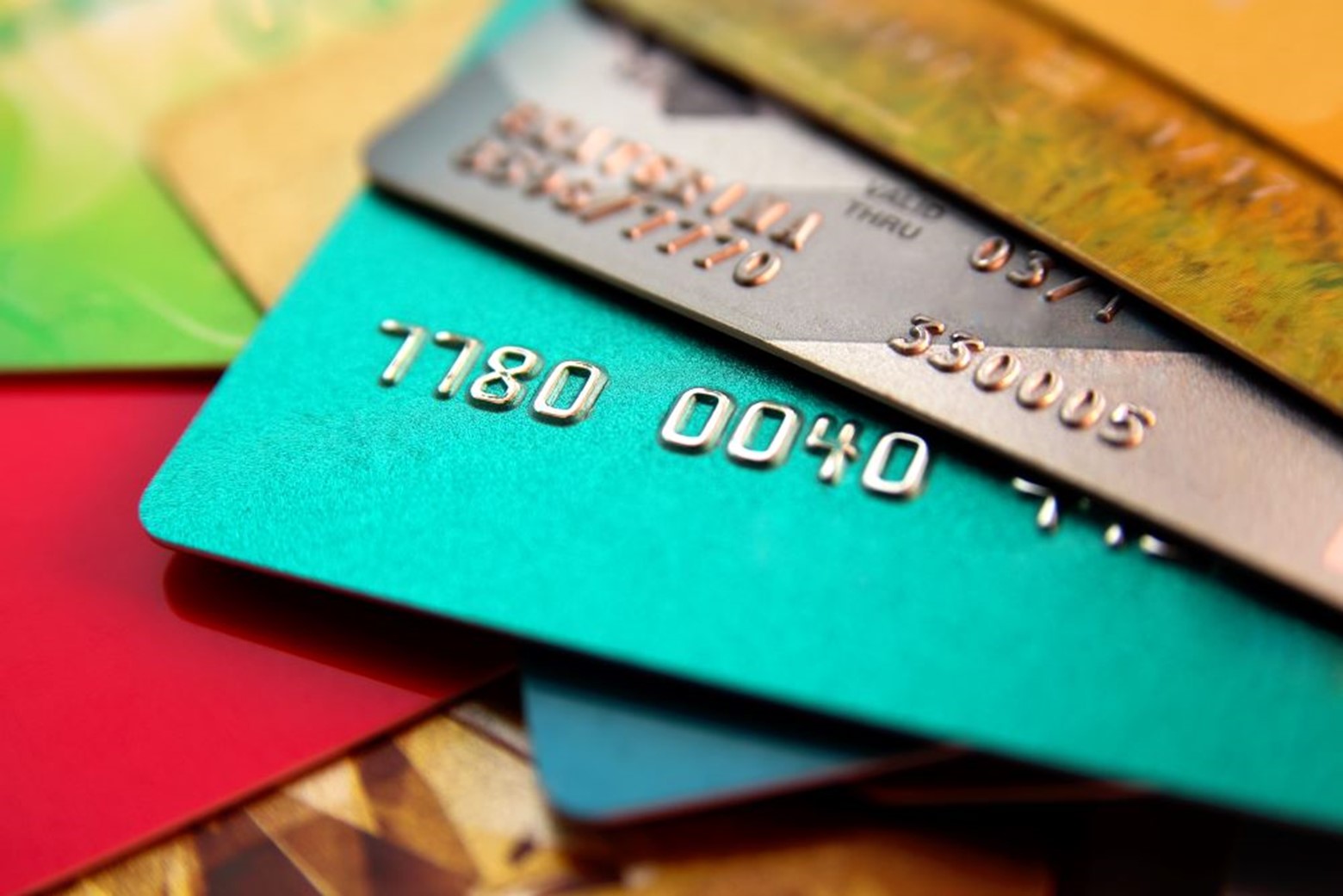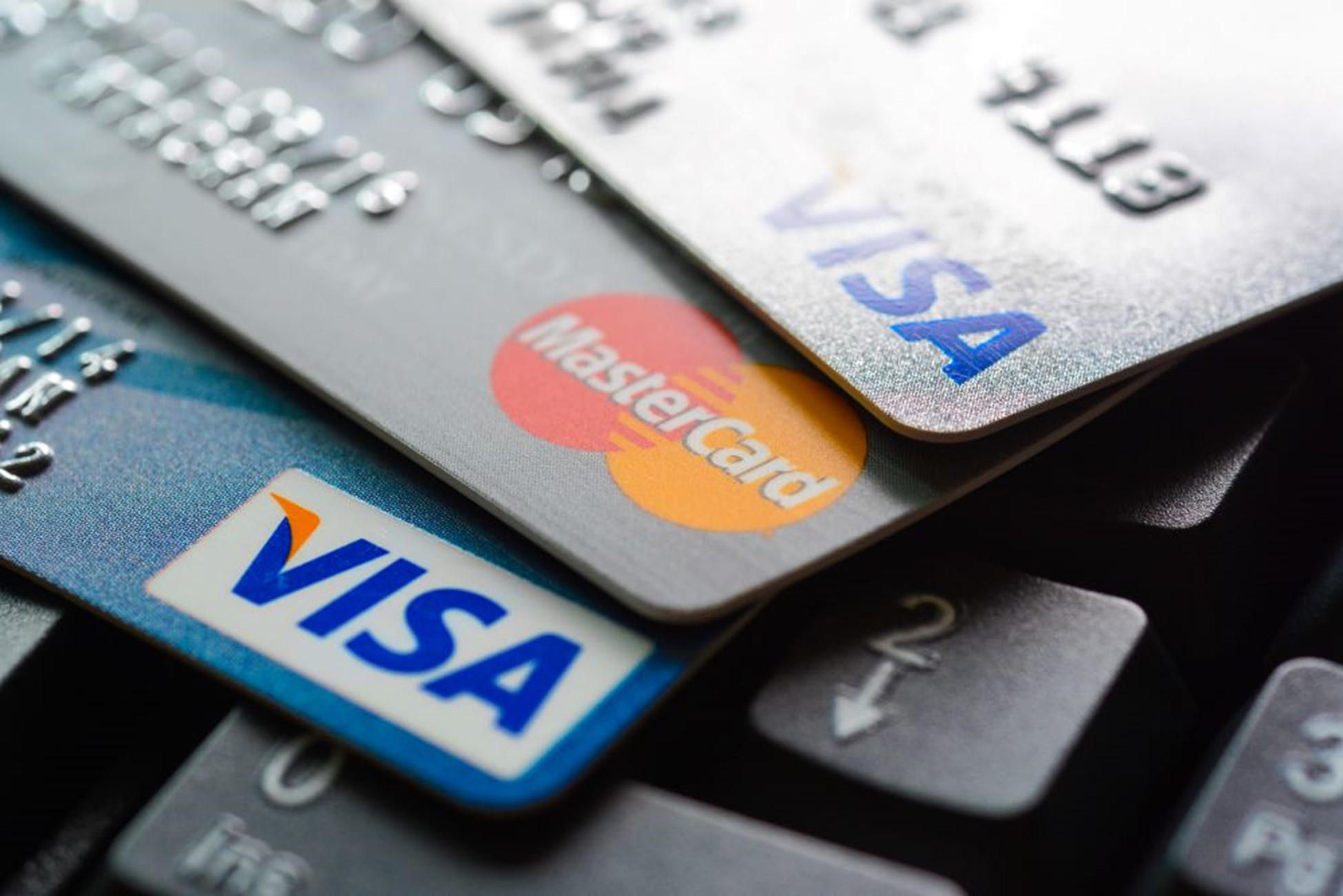
After bankruptcy, Are You Eligible For A Credit Card?
November 26, 2021
Balance Transfer Credit Cards: Know What to Look for
November 28, 2021When you’re trying to pay off several debts at once, it can be difficult to make progress. Being diligent is essential when paying off several debts at once. Debts with high interest rates usually take longer to pay off because they accrue so much interest each month.
Consolidating your debt can make repayment easier in a few ways. With a low introductory APR, you can transfer multiple credit card balances onto one card. You can also take out a personal loan from a lender, who will pay off your existing obligations and leave you with a single debt to manage.
However, debt consolidation isn’t for everyone. Before you decide whether it is right for you, you need to weigh its pros and cons. Remember: for more tips on how to improve the quality of your life, visit www.credithealing.org.
THE PROS OF DEBT CONSOLIDATION
1. Lower Interest Rates
One of the main benefits of debt consolidation is that you can pay off your debts at a lower interest rate. With a 0% introductory APR credit card, you can transfer your current card balances. Alternatively, you could take out a personal loan with a lower interest rate than your existing debt.
Getting a lower interest rate for your existing debt can save you money. You can pay less in interest if you make your payments on time and reduce your debt consistently.
2. A Single Debt to Manage
Having trouble keeping track of all your monthly payments and various due dates? Consolidating them into a single debt with one monthly payment may make things easier for you. Paying your debt on time may be easier. When you only have one balance to monitor, you can track your progress more easily.
3. Lower Credit Utilization
The credit utilization ratio is the amount of available credit that you are currently using, which relates to credit cards. Your credit card balances increase your credit utilization and negatively impact your credit scores.
You can reduce your credit utilization ratio by paying off your existing credit card balances with a personal loan. You can also lower your utilization by increasing your available credit by opening a new balance transfer credit card.
It can be counterproductive to take advantage of this benefit if you rack up high balances on your credit cards again, so be cautious about how you spend.
THE CONS OF DEBT CONSOLIDATION
1. When You Can’t Get a Lower Rate
As we mentioned, debt consolidation can be used to access lower interest rates than you’re paying right now. However, if you have a poor credit history or a subprime credit score, you may have difficulty qualifying for low-interest rates. You may want to try a different repayment strategy if you can’t access a rate that’s lower than the rate you pay on your existing debts.
2. When You Can’t Effectively Manage Your Debt
When you consolidate your debt, it’s tempting to charge more on your credit cards or take out more loans. This can increase your debt and get you into more trouble. Consolidation might not help you manage your money better if you aren’t able to manage your debt effectively.
3. When You Have to Put Up Collateral
There are some debt consolidation loans that are secured, which means you have to put up some collateral, such as a car or your home. This can help you qualify for a loan you might otherwise have difficulty getting and possibly access lower interest rates.
The flipside is that your assets are at risk. When you don’t repay your loan as promised, lenders can seize your property. There is a risk if you are having difficulty making payments or if you lose income unexpectedly in the future.
Is your personal information on the dark web? Make sure your identity isn’t at risk!


